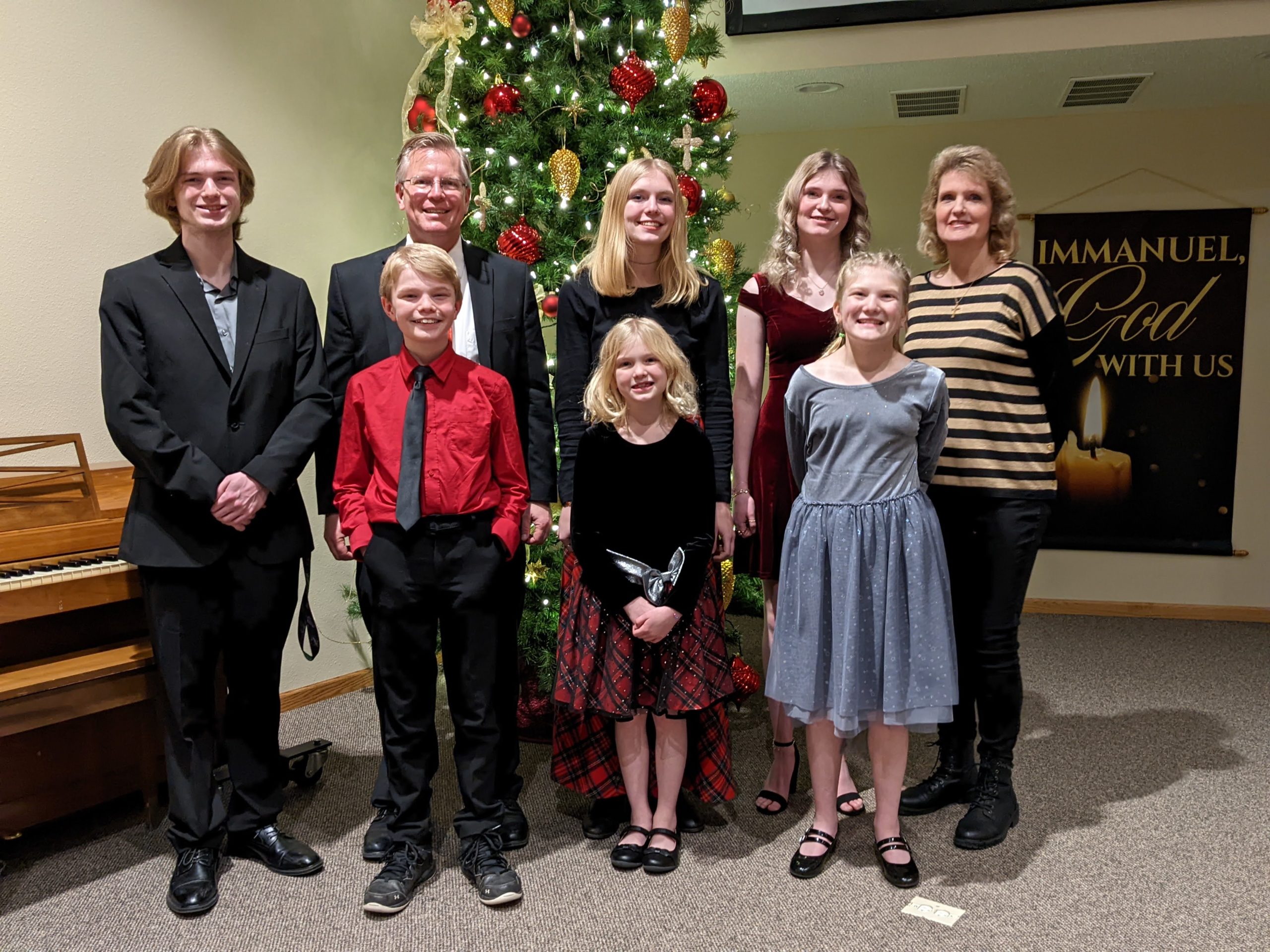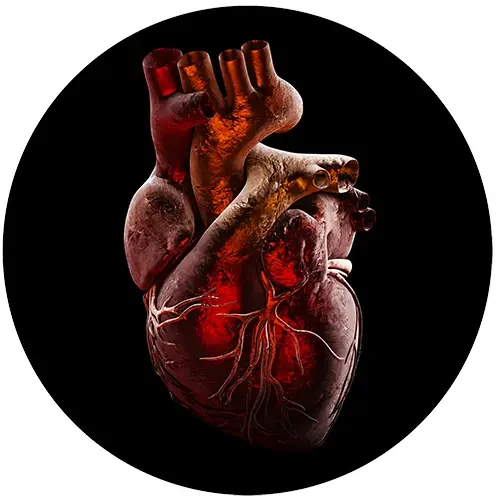Because I was mildly obstructed with no risk factors for sudden cardiac arrest, I was not a candidate for surgery and thus have been treated with medications for symptom management. Initially, I used a low dose of metoprolol which made me feel almost normal and I only experienced infrequent symptoms. However, after 2 years, while still on the medication, all my symptoms returned and it was worse than ever. It was then that I made the switch to an HCMA recognized Center of Excellence for HCM and was prescribed verapamil. Though this medication has managed my symptoms to a large degree, I feel far from normal. I have to be careful not to push myself too hard and I experience mild symptoms most days which can suddenly worsen for unexplainable reasons. I can take a walk one day but completing the same walk the next day would be impossible. Stress especially worsens symptoms which can then take a week to go away or return to “normal”.
Luckily, because my job isn’t too physical in nature, my condition does not affect it that much. Even if I do not feel my best self, I have to push through to get the job done and then go home and collapse. Because I look normal, it’s hard for others to understand what I am going through and why my health is not consistently the same. This is even hard with my wife and kids who have watched me live with the condition for the past decade. It also isn’t helpful that I don’t like talking about how I am feeling so I hide it away.
With genetic testing, we were able to find the gene responsible and also have our children screened. We discovered that our two boys and youngest daughter were gene positive; they are 16, 9, and 6 years old. So out of our 6 kids, 3 of them are positive. I guess we are that textbook example of the 50% inheritability statistic. None of them are displaying HCM physically, at least not yet. For this reason, they are not treated, but they are screened regularly at a Center of Excellence. Because there is no COE in our area, we have to set aside the time and the money to travel and make this trip every few years. There have been times where just taking care of our health has been a financial strain on our family, but I would not do it differently. I believe that getting myself and our children to the proper doctors is an absolute necessity.
I would like to be able to live free of these symptoms and live life without having to consider how simple daily activities and stress will inhibit me in the following days. Because my father had AFib, I want to see treatments that can prevent this. Where my children are concerned, I want to see treatments that will enable them to live as normal and with as few limitations as possible. Although it seems distant, I maintain the hope of a cure as we learn more about this condition and as technology advances.
These remarks were shared by Kent at the HCMA’s Externally led Patient-Focused Drug Development Meeting held June 26, 2020. What a difference a year and a half have made in Kent’s life. With time his symptoms changed and his obstruction got worse. He has since had open-heart surgery, called a “myectomy”, and has returned to better health again. HCM symptoms can change over life and that is one reason it is very important to stay in touch with a high volume HCMA recognized Center of Excellence program.










